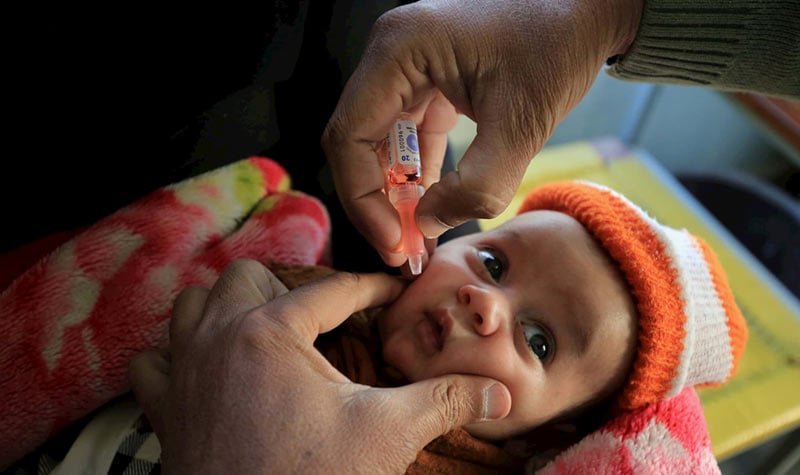$50 million new gift from Mike Bloomberg to eradicate Polio

Bloomberg Philanthropies announced an additional $50 million commitment to the Global Polio Eradication Initiative (GPEI) reinforcing its dedication to GPEI’s mission to complete the global eradication of polio. This renewal of support comes at a time when polio is rebounding, following a fall in vaccination rates during the COVID-19 pandemic and a heightened risk of a polio resurgence, and brings Bloomberg Philanthropies total commitment to GPEI to $225 million since 2013.
GPEI, an initiative led by national governments with six partners – the World Health Organization (WHO), Rotary International, the US Centers for Disease Control and Prevention (CDC), the United Nations Children’s Fund (UNICEF), Bill & Melinda Gates Foundation, and Gavi, the vaccine alliance – is focused on the eradication of polio so no child ever again suffers from paralytic poliomyelitis.
Bloomberg’s new commitment to GPEI was made during the 2022 World Health Summit in Berlin where government and global health leaders convened to set the global agenda for a healthier future. The funding commitment will help support GPEI’s Polio Eradication Strategy 2022-2026, which aims to generate political will around polio eradication, increase vaccine acceptance, expedite progress, improve frontline success, and enhance detection and response.
“Until we eradicate polio from the world, it poses a risk to people everywhere,” said Michael R. Bloomberg, founder of Bloomberg Philanthropies and WHO Global Ambassador for Noncommunicable Diseases and Injuries. “Since 2013, Bloomberg Philanthropies has been glad to support the critically important work of the Global Polio Eradication Initiative – and now, as polio outbreaks threaten the critical progress we’ve made, we’re recommitting to the urgent fight to end polio for good.”
Since the founding of the GPEI in 1988 there has been notable progress with global polio eradication. With the support of governments, health workers, and GPEI, polio cases have been reduced by more than 99 percent, sparing 20 million children from polio paralysis. Wild poliovirus types 2 and 3 (WPV2 and WPV3) were declared eradicated in 2015 and 2019 respectively; the WHO South-East Asia Region was declared free of poliovirus in 2014; and most recently, the WHO African Region was certified free of wild poliovirus (WPV) in August 2020.
“Eradicating polio will require the full support of the global health community,” said Dr. Kelly Henning, who leads Public Health programs at Bloomberg Philanthropies. “This includes providing steady and predictable funding to ensure adequate resources go towards vaccine supply and supporting local health workers.”
The final steps toward the eradication of polio remain a challenge due to its existence in hard-to-reach areas. Moreover, millions of children missed out on routine vaccinations, including for polio, during the COVID-19 pandemic, which diverted health resources to urgent pandemic needs. This backslide has put both those children and the communities they live in at risk of outbreak.
Bloomberg Philanthropies will continue to work closely with partners through GPEI to determine the best ways to mitigate any challenges relating to eradicating polio, and to reverse the trend of increasing cases around the world.
Bloomberg Philanthropies invests in 941 cities and 173 countries around the world to ensure better, longer lives for the greatest number of people. The organization focuses on five key areas for creating lasting change: the Arts, Education, Environment, Government Innovation and Public Health. Bloomberg Philanthropies encompasses all of Michael R. Bloomberg’s giving, including his foundation, corporate, and personal philanthropy as well as Bloomberg Associates, a pro bono consultancy that works in cities around the world. In 2021, Bloomberg Philanthropies distributed $1.66 billion.

